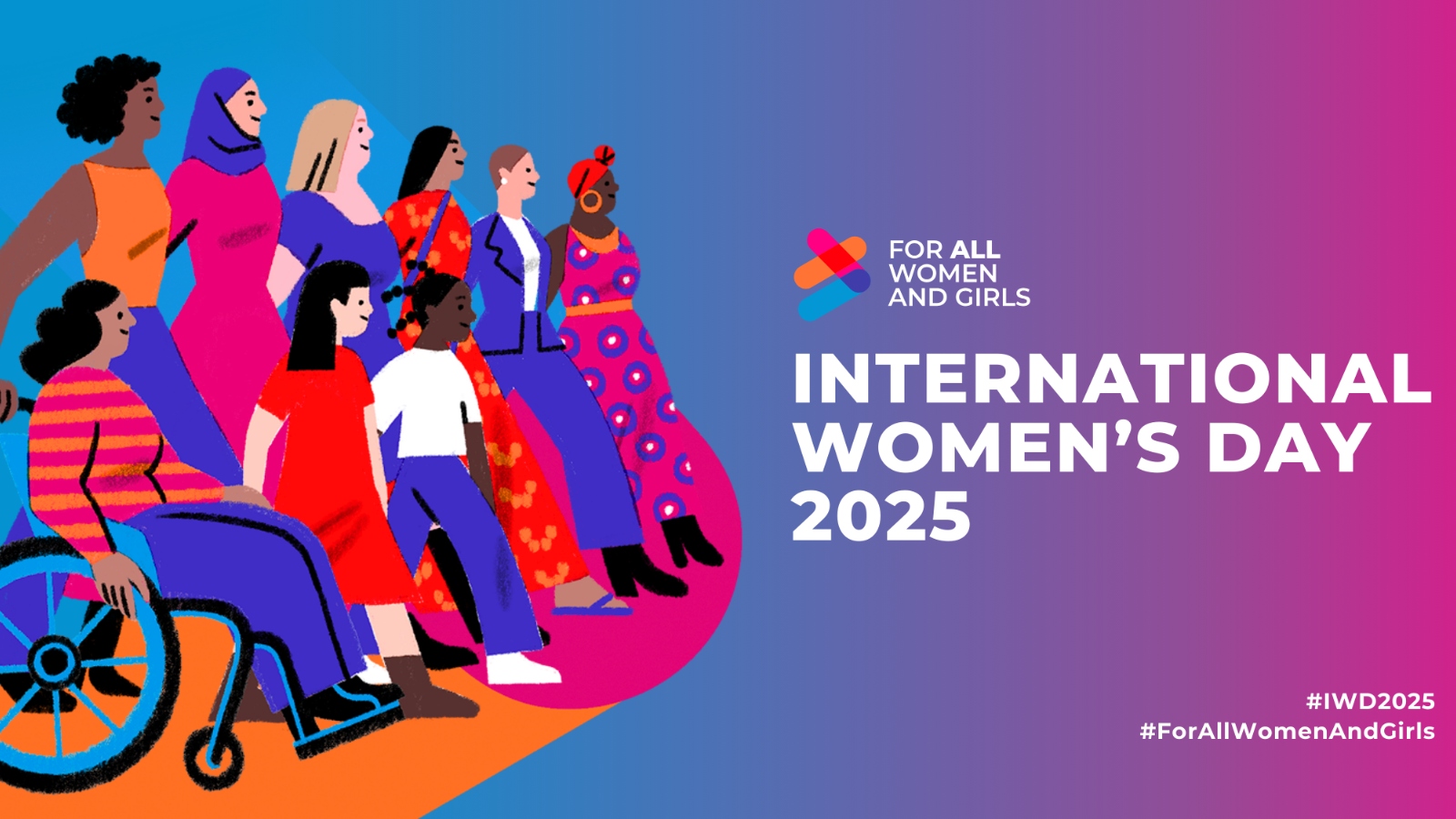The recent revelation of WhatsApp messages exchanged between Alima Khan, the founder of PTI's sister party, and Raoof Hasan, the party's secretary-general, has exposed a simmering internal power struggle within the Pakistan Tehreek-e-Insaf (PTI).
The messages, which detail a clash between Aleema Khan and Bushra Bibi, the founder's wife, over the authenticity of a message allegedly sent by Bushra Bibi, highlight the deep divisions within the party.
Aleema Khan's strong reaction to the message, labeling it "disinformation" and instructing Raoof Hasan not to publicize it, suggests that she is concerned about the potential damage it could cause to the party's image.
Her actions also indicate that she may view Bushra Bibi as a threat to her own influence within the party.
The conflict between Aleema Khan and Bushra Bibi is a microcosm of the broader power struggle within the PTI. Both women appear to be vying for control over the party, with Bushra Bibi potentially using fabricated narratives to gain sympathy and support.
Meanwhile, Aleema Khan is working to counter these narratives and maintain her own grip on the party.
The situation is further complicated by the involvement of the Khyber Pakhtunkhwa chief minister, who is facing criticism for his alleged ties to certain circles of the establishment and his perceived influence over the party's founder and policies.
The presence of Mashaal Yusufzai, an advisor on social welfare, is also a source of contention, with some party leaders expressing resentment over her perceived undue influence.
The PTI is currently facing a multifaceted crisis. PTI is plagued by internal divisions and a struggle for power between key figures within the party.
The revelations about the WhatsApp messages between Aleema Khan and Raoof Hasan offer a glimpse into the extent of these divisions and the potential consequences for the party's future. The PTI is a house divided, and its survival may depend on its ability to resolve these internal conflicts.



























